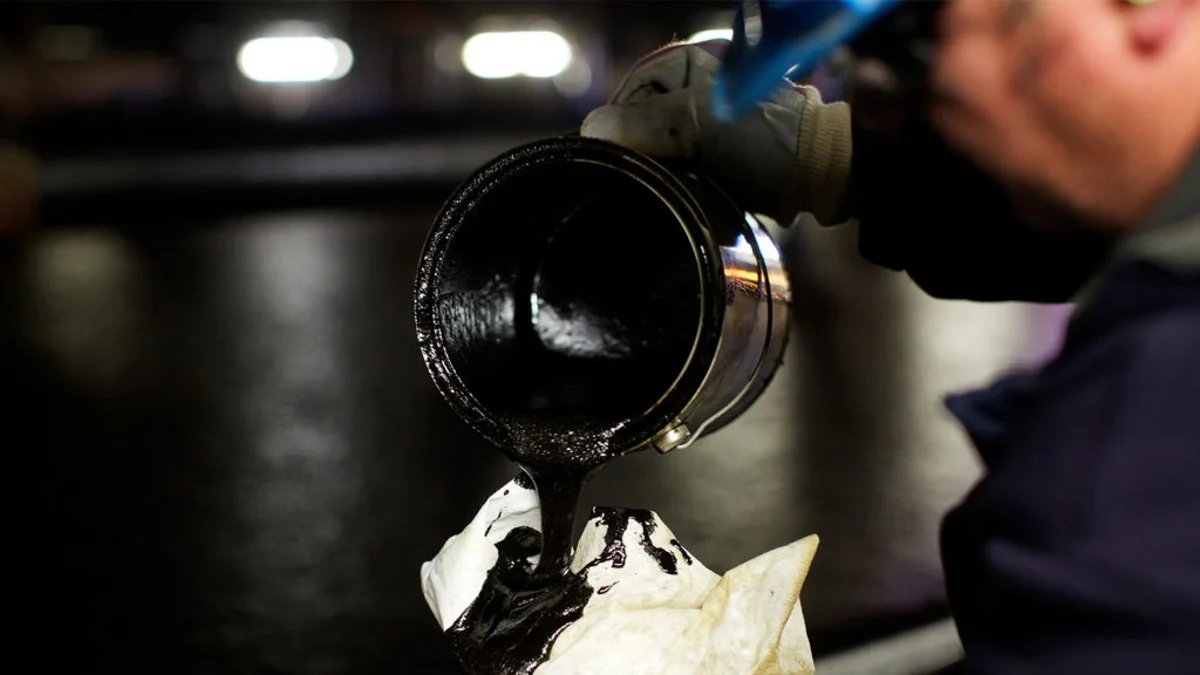Bloomberg: Oil price is now controlled by just three men
- 20 November, 2018
- 07:48

Baku. 20 November. REPORT.AZ/ OPEC has lost what control of the oil market it ever had. The actions (or tweets) of three men — Presidents Donald Trump and Vladimir Putin and Crown Prince Mohammed Bin Salman — will determine the course of oil prices in 2019 and beyond. But of course they each want different things, Bloomberg reported.
While OPEC struggles to find common purpose, the U.S., Russia and Saudi Arabia dominate global supply. Together they produce more oil than the 15 members of OPEC. All three are pumping at record rates and each could raise output again next year, although they may not all choose to do so.
Bin Salman needs oil revenue to fund his ambitious plans to transform Saudi Arabia, while avoiding unrest from those hurt in the process. The International Monetary Fund forecasts that the kingdom will need an oil price of $73.3 a barrel next year to balance its fiscal budget. Brent crude is trading about $5 below that, with Saudi Arabia’s exports trading at a discount to the North Sea benchmark. Prolonging output cuts for a third year is the only way he can realize the price he needs.
He will face more challenges from Putin and Trump. The Russian president shows no great enthusiasm for restricting his country’s production again. Moscow’s budget is much less dependent on oil prices than it was when Russia agreed to join OPEC-led efforts to re-balance the oil market in 2016 and the country’s oil companies want to produce from the fields where they have invested.
Putin may yet decide that maintaining his improved political relationship with MBS, as the Crown Prince is known, is worth a small sacrifice. But it’s not a foregone conclusion that Russia will agree to extend output cuts when producers gather in Vienna next month. Putin says oil prices of around $70 a barrel suit him “completely.”
The opposition from Trump will — naturally — be much louder and comes at a time when he and MBS are trying to preserve their political relationship, while American senators consider harsher sanctions on Saudi Arabia in response to the war in Yemen and the killing of dissident journalist Jamal Khashoggi.
